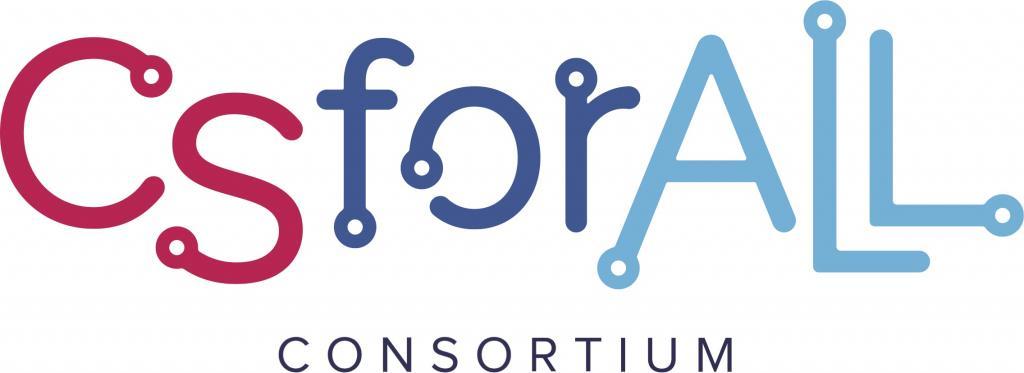Conference on Literacies in Engineering for Access and Participation
The Literacy for Engineering Access and Participation Conference (LEAP) would convene researchers and teachers from the engineering education, literacy education, equity and other stakeholder areas to establish a research agenda and gather resources related to the literacy considerations for informal and formal learning settings. The conference participants will learn about engineering and literacy perspectives that impact students' learning with a particular emphasis on multi-lingual students and engaging a more diverse student population in engineering.
